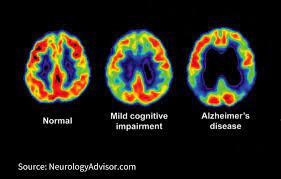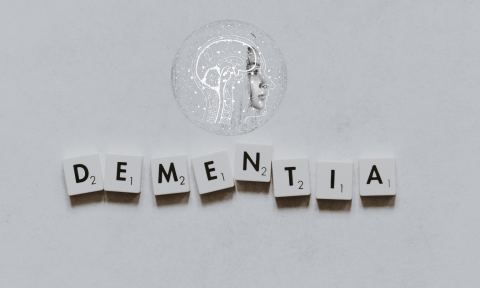Dementia is a progressive condition impacting memory, cognitive function, and daily life. Understanding the various stages is crucial for providing appropriate care and support.
Stage 1: No cognitive decline
In this initial stage, no noticeable signs of dementia are present. Memory and cognitive functions remain intact, and daily activities are performed without difficulty. It’s essential to recognise that ageing experiences vary, and not every memory lapse is a cause for concern.
Symptoms:
- No noticeable signs of dementia
- Intact memory and cognitive functions
- Performs daily activities without difficulty
Stage 2: Very mild cognitive decline
Subtle changes emerge in stage 2. Forgetfulness becomes more common, often attributed to normal ageing. Questions like “Where did I put my keys?” may indicate stage 2 dementia.
Symptoms:
- Subtle changes in memory
- Forgetfulness becomes more common
- Often attributed to normal aging
- Questions like “Where did I put my keys?” may arise
Stage 3: Mild cognitive decline (MCI)
Mild cognitive decline, or MCI, is recognised when memory and cognitive issues become more apparent. Stage 3 has little impact on daily functioning but may show signs like decreased work performance, difficulty finding the right words, verbal repetition, and challenges with organisation.
Symptoms:
- Memory and cognitive issues become more apparent
- Little impact on daily functioning
- Decreased work performance
- Difficulty finding the right words
- Verbal repetition
- Challenges with organization
Stage 4: Moderate cognitive decline
Clear cognitive impairment and personality changes characterize stage 4. Language difficulties and diminished problem-solving skills become noticeable. Symptoms include social withdrawal, emotional moodiness, lack of responsiveness, and reduced intellectual sharpness.
Symptoms:
- Clear cognitive impairment
- Noticeable personality changes
- Language difficulties
- Diminished problem-solving skills
- Social withdrawal
- Emotional moodiness
- Lack of responsiveness
- Reduced intellectual sharpness
Stage 5: Moderate severe cognitive decline
Mid-stage dementia demands increased support for daily activities. Individuals retain major self-awareness but struggle with specific details. Pronounced memory loss, wandering, disorientation, and further reduced mental acuity are common symptoms.
Symptoms:
- Increased support required for daily activities
- Major self-awareness retained
- Struggles with specific details
- Pronounced memory loss
- Wandering
- Disorientation
- Further reduced mental acuity and problem-solving ability
Stage 6: Severe cognitive decline
Caregiver assistance becomes crucial for basic activities in stage 6. Sleep difficulties, urinary or fecal incontinence, aggression, anxiety, and personality changes, including paranoia or delusions, are observed symptoms.
Symptoms:
- Caregiver assistance crucial for basic activities
- Sleep difficulties
- Urinary or fecal incontinence
- Aggression and anxiety
- Personality changes, including paranoia or delusions
Stage 7: Very severe cognitive decline
Late-stage dementia involves a complete inability to self-care. Individuals lose all verbal capacity and experience severe movement impairment.
Symptoms:
- Complete inability to self-care
- Loss of all verbal capacity
- Severe movement impairment
How long do people live with Dementia?
On average, individuals diagnosed with dementia can live between four to eight years, with some surviving up to 20 years post-diagnosis. Understanding the stages helps navigate the challenges associated with dementia and ensures appropriate care at every phase.
If you would like to learn more about neurodegenerative conditions like Alzheimer’s disease or dementia, which directly affect brain health, memory loss, and cognitive age, check out liveivory.com. Our team of experts is dedicated to providing valuable information and resources to help you better understand these conditions and find ways to live your best life while managing these critical aspects of cognitive health.




